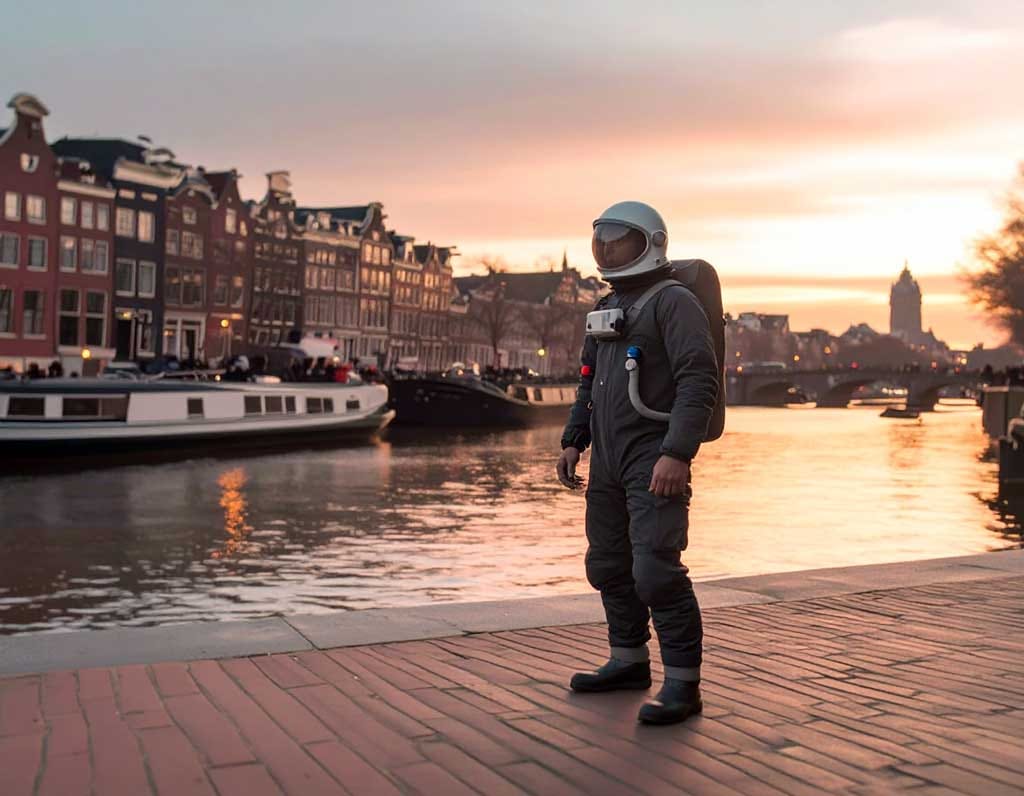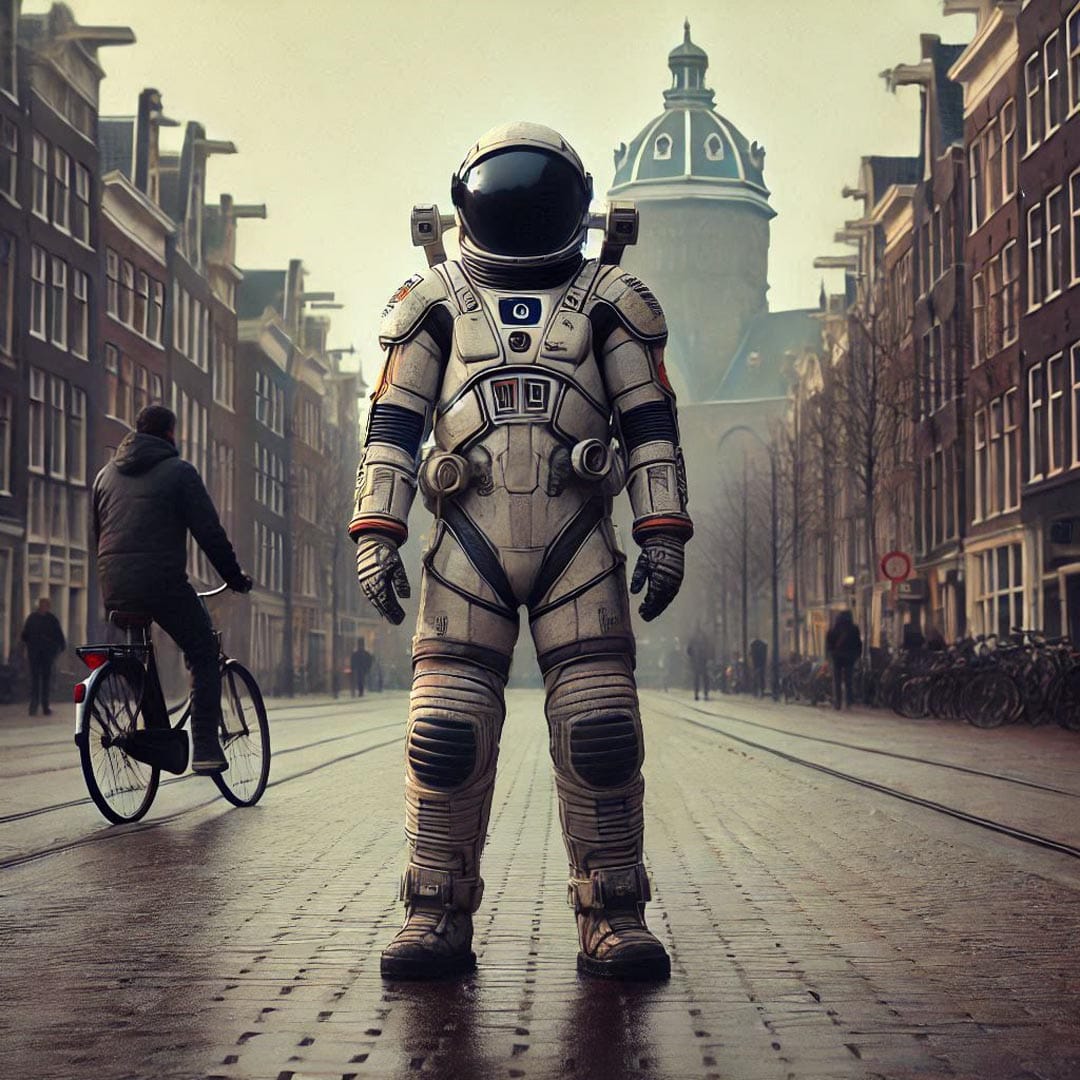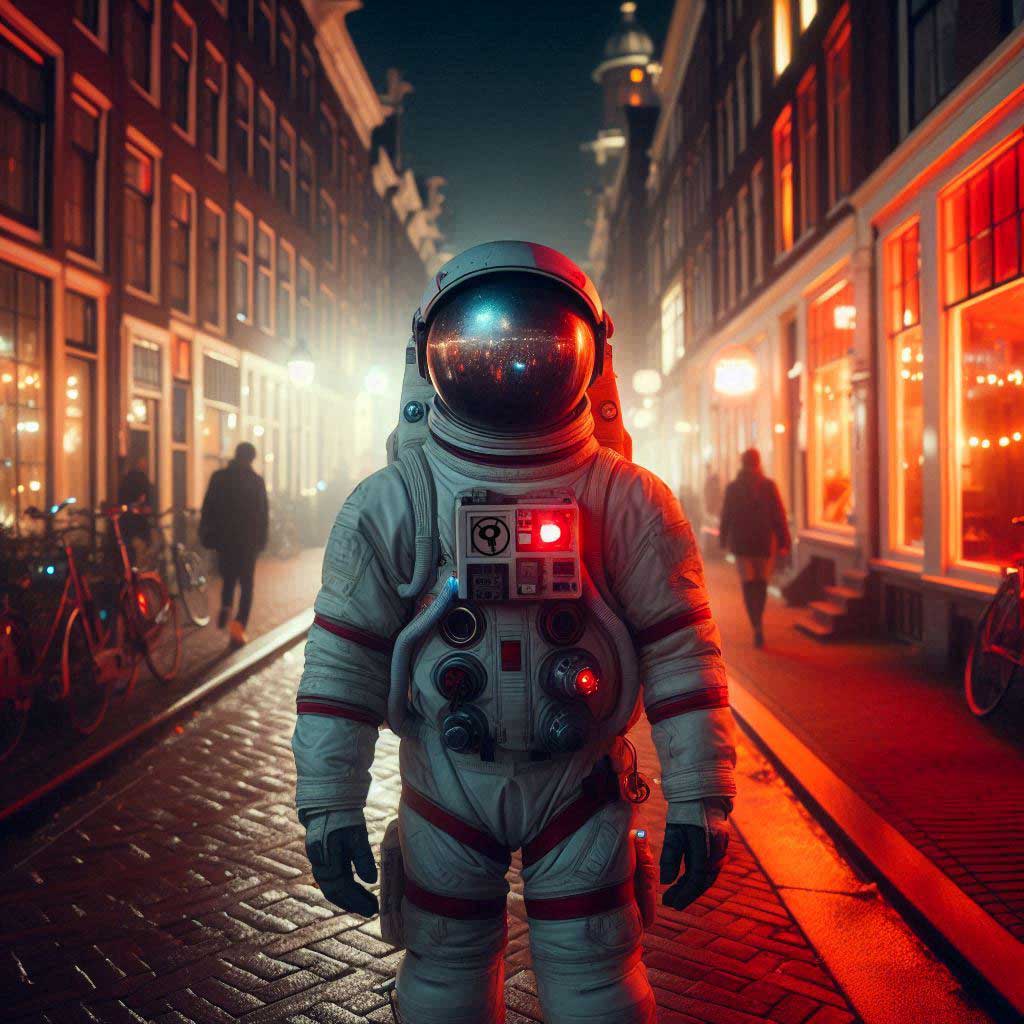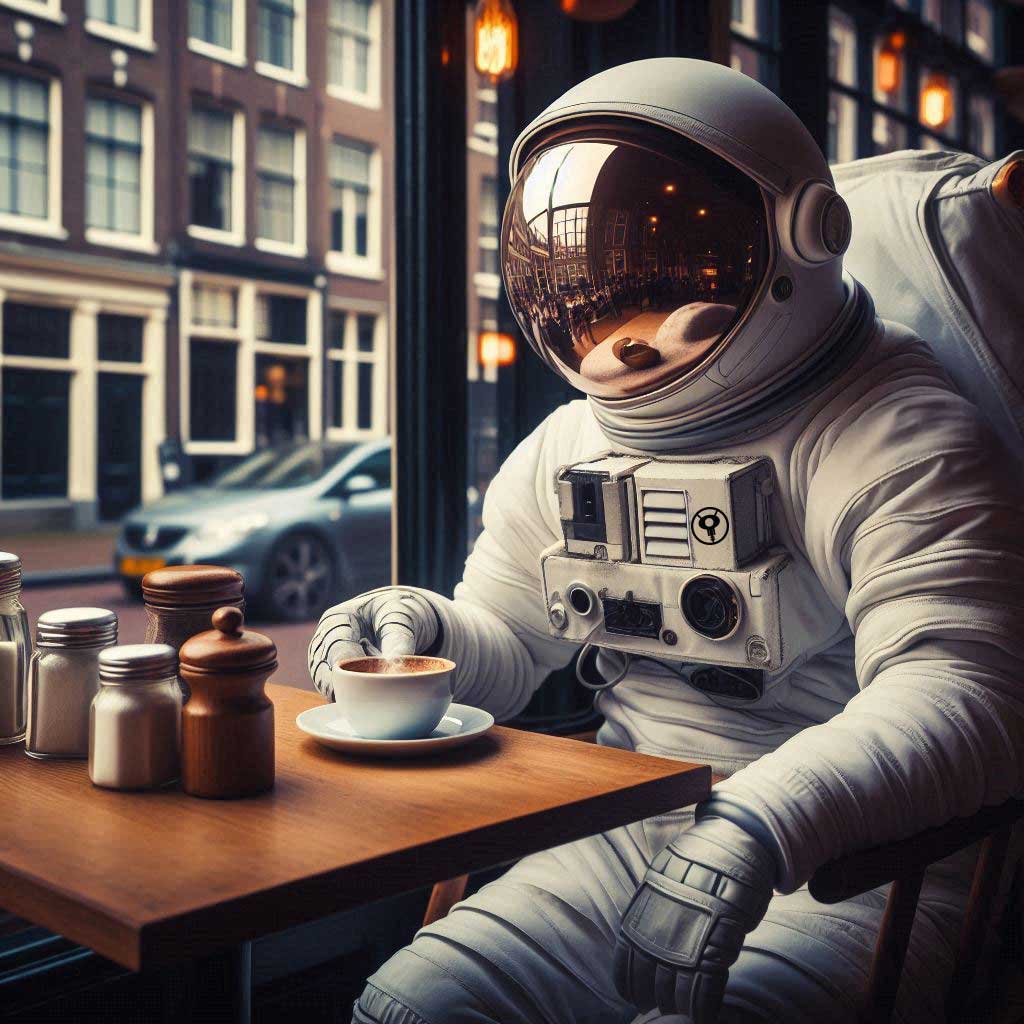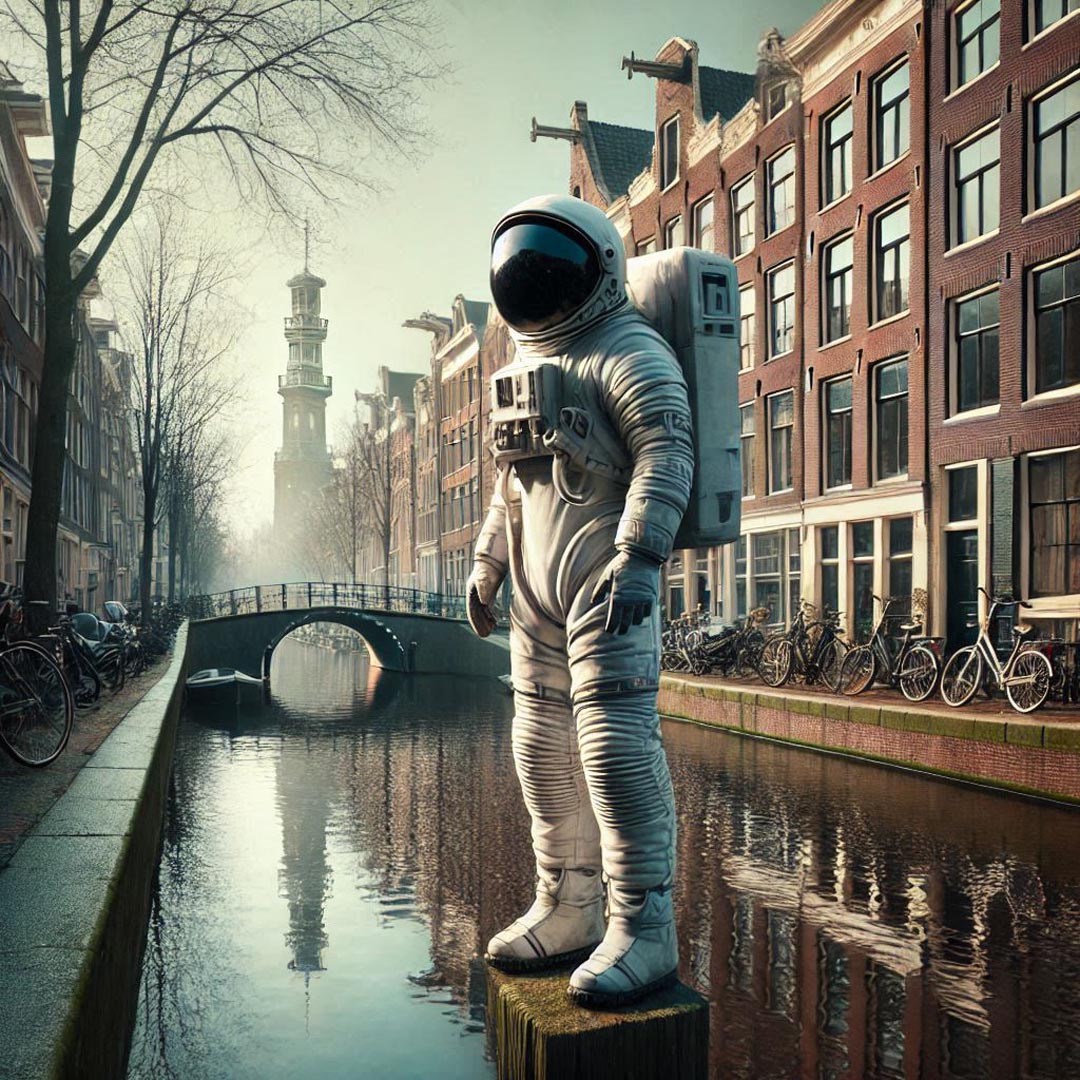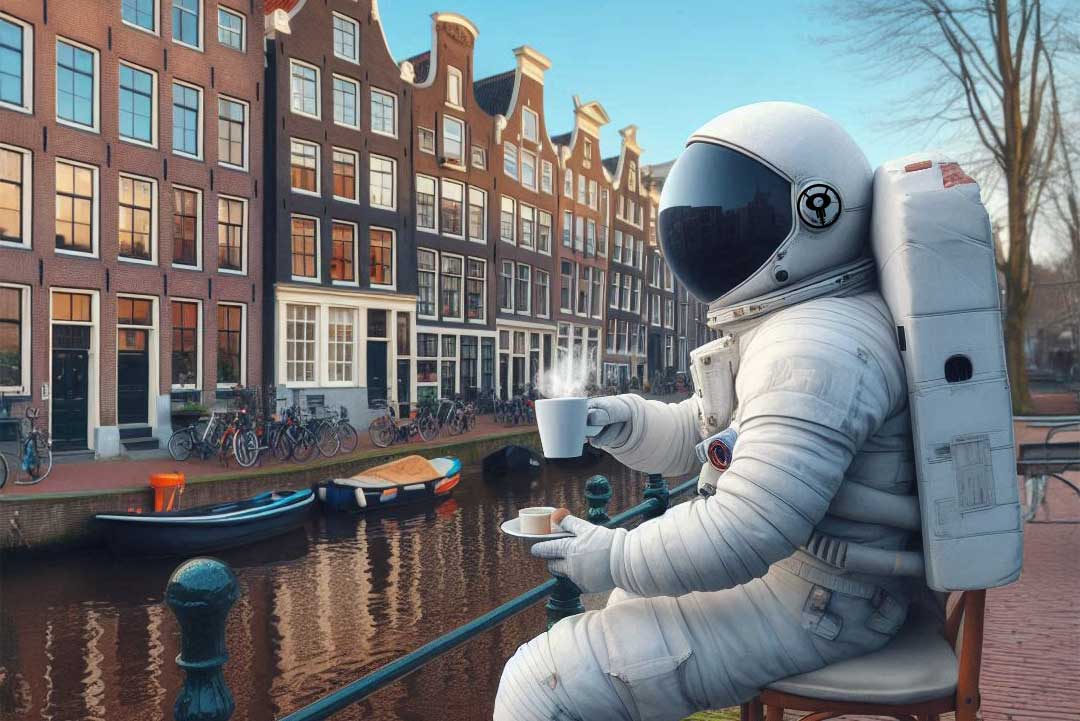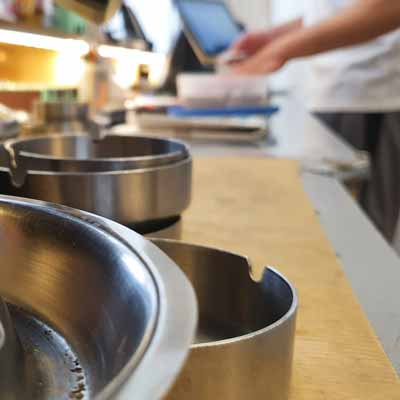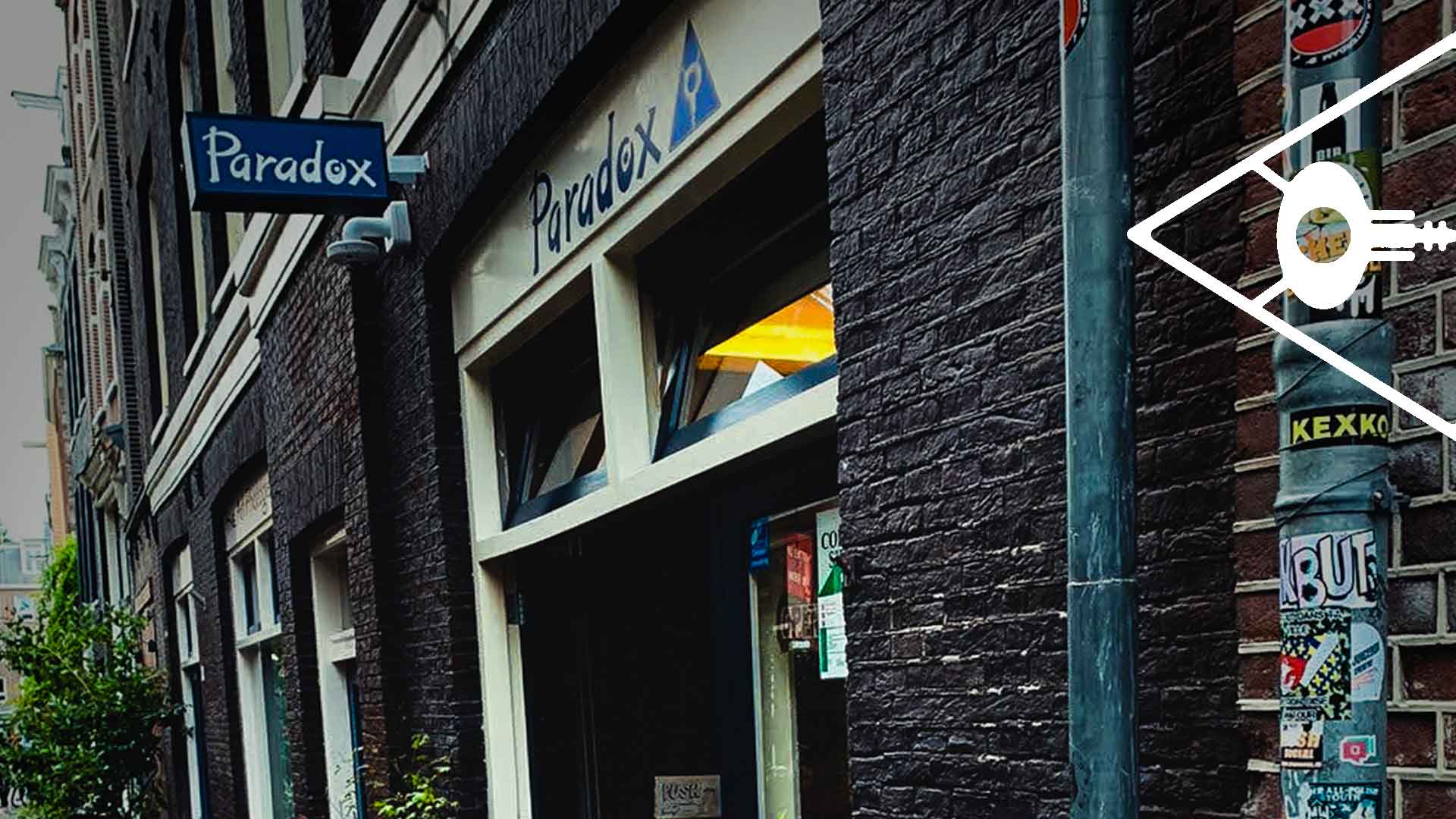A short guide to everything you wanted to know about tourism in Amsterdam coffeeshops
AMSTERDAM’S CULTURE IS ITS COFFEESHOPS
Amsterdam is a beautiful city known for its canals, museums, and vibrant nightlife. One of the most iconic and controversial aspects of Amsterdam’s culture is its coffeeshops. These establishments sell and allow the consumption of cannabis, attracting many tourists every year. In this blog post, we’ll explore the history of coffeeshops in Amsterdam, the current regulations, and the impact on tourism.
HISTORY OF COFFEESHOPS IN AMSTERDAM
Coffeeshops in Amsterdam began to emerge in the 1970s, following a shift in Dutch drug policy. The Netherlands adopted a policy of tolerance towards soft drugs, which includes cannabis, in the 1970s. This policy allowed for the sale of small amounts of cannabis in designated establishments, as long as it was not sold to minors or near schools.
Initially, these establishments were not officially regulated, and many operated underground. In the 1980s, the government started regulating coffeeshops to improve safety and reduce criminal activities associated with the illegal drug trade. Coffeeshops were given a license to sell cannabis, subject to strict rules on location, hours of operation, and the amount of cannabis that could be sold to each customer.
REGULATIONS FOR COFFEESHOPS IN AMSTERDAM
Today, Amsterdam has over 150 licensed coffeeshops, all of which must comply with strict regulations. Coffeeshops cannot sell more than five grams of cannabis per person per day, and customers must be over 18 years old. Coffeeshops are not allowed to sell alcohol, and smoking tobacco is prohibited. Coffeeshops must be located at least 250 meters from schools and cannot advertise their products.
THE IMPACT OF COFFEESHOPS ON TOURISM
Coffeeshops are one of the main attractions for tourists in Amsterdam, especially for those coming from countries where cannabis is illegal. Some people argue that coffeeshops promote drug use and are a bad influence on young people. However, others argue that coffeeshops are an important part of Amsterdam’s culture and economy. Coffeeshops generate revenue for the city, and tourists who visit them often spend money on other attractions, restaurants, and hotels.
It is important to note that coffeeshops are not the only reason why tourists come to Amsterdam. The city has many other attractions, including museums, art galleries, and historic landmarks. Therefore, the impact of coffeeshops on tourism is difficult to measure accurately.
CONCLUSION
Coffeeshops in Amsterdam are a unique aspect of the city’s culture and attract many tourists every year. They have a controversial history and are subject to strict regulations. Some people argue that coffeeshops promote drug use, while others see them as an important part of Amsterdam’s economy and culture. Regardless of one’s opinion, coffeeshops are here to stay, and tourists will continue to visit them along with other attractions that the city has to offer.


